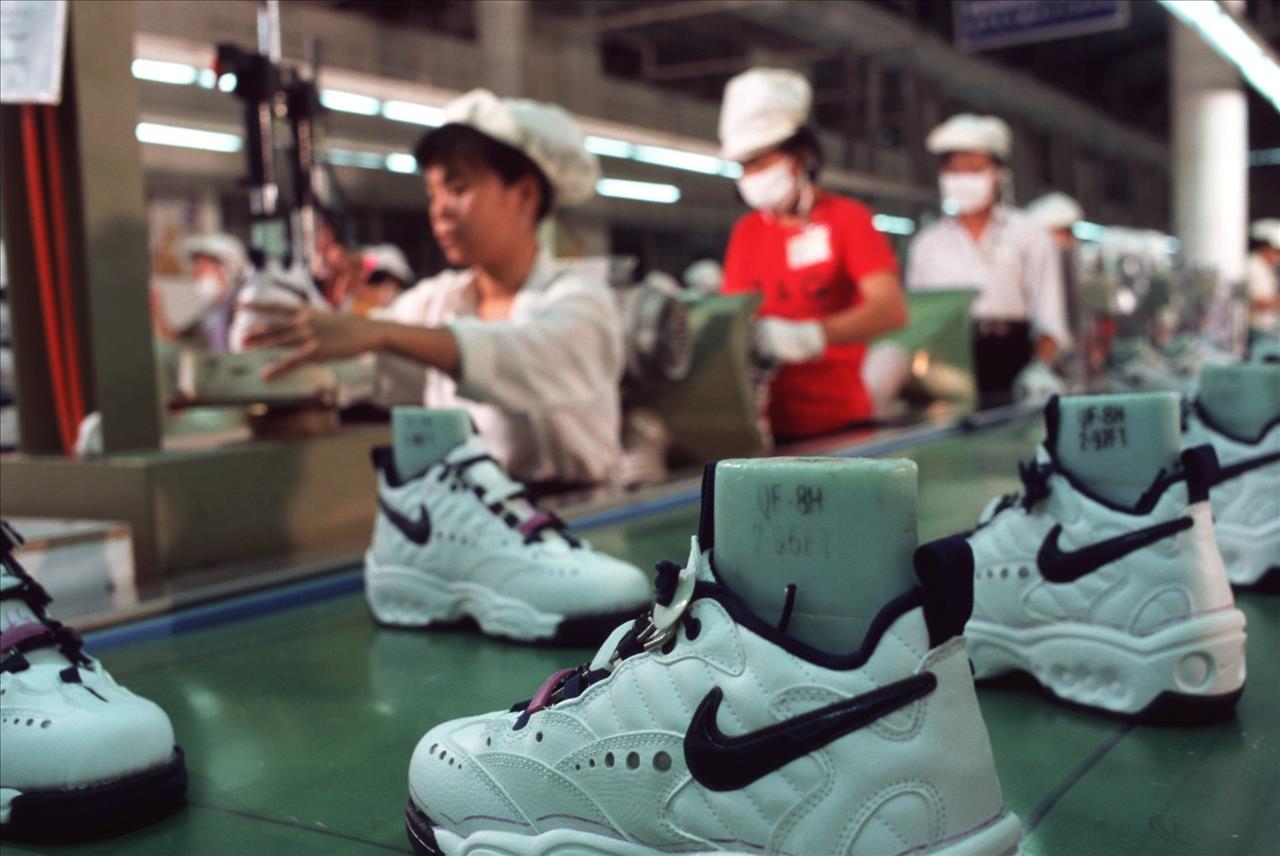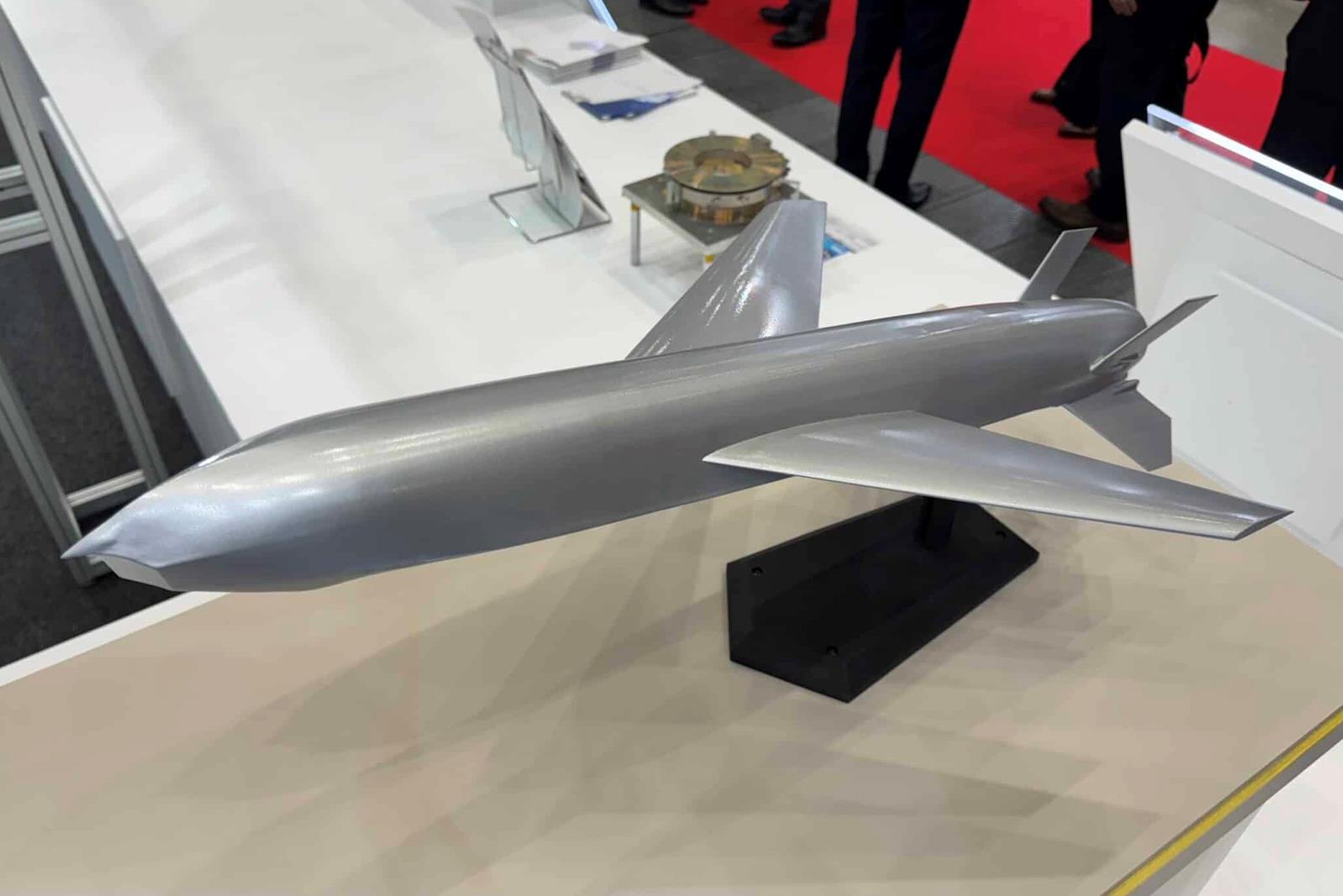
S Korea On Edge As US Hints At Redeploying Troops
The apparent new Pentagon policy could shift the primary mission of the 28,500 American troops stationed in South Korea from deterring North Korea to countering China-a move that, for Seoul, risks creating a security vacuum and straining already delicate relations with Beijing.
According to a March 29 Washington Post report, US Defense Secretary Pete Hegseth distributed a classified document titled“Interim National Defense Strategic Guidance” across the US Defense Department in mid-March.
The document reportedly outlines US President Donald Trump's vision for preparing for and potentially winning a conflict against China while also defending US interests in the“near abroad” region, including Greenland and the Panama Canal.
The document, reportedly signed by Hegseth, aims to restructure America's Indo-Pacific military initiatives, shifting focus away from North Korean threats to China's potential aggression against Taiwan.
The shift comes despite North Korea's recent provocations, including the development and brandishing of new long-range missiles capable of hitting the US mainland.
To address shortages in personnel and resources, the document states that the Pentagon“will assume risk in other theaters,” thereby pressuring allies in Europe, the Middle East and East Asia-including South Korea-to take on greater deterrence roles against regional adversaries such as Russia, Iran and North Korea.
This reflects a broader burden-sharing strategy that has defined Trump's foreign policy since his first term. The shift could potentially increase South Korea's defense spending, as the country reshapes it defense strategy to be less reliant on the permanent presence of US troops.
It's unclear if the memo's“other theaters” means the US is considering a new policy of basing American troops in Taiwan and perhaps moving them out of South Korea.
“[South Korea] says it respects USFK's 'Strategic Flexibility,' but that is all just empty words. [South Korea] needs the USFK anchored on the peninsula,” said Lee Sang-soo, a visiting research fellow at the Jeju Peace Institute, in an interview with Asia Times.

Legal Disclaimer:
MENAFN provides the
information “as is” without warranty of any kind. We do not accept
any responsibility or liability for the accuracy, content, images,
videos, licenses, completeness, legality, or reliability of the information
contained in this article. If you have any complaints or copyright
issues related to this article, kindly contact the provider above.




















Comments
No comment